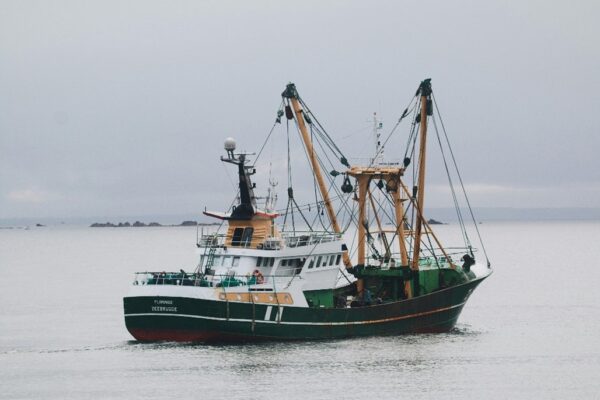The European Commission launched infringement proceedings against five EU Member States for failure to control and enforce the landing obligation – notably against France, Spain (INF_21_4681), the Netherlands, Belgium and Ireland (INF_21_5342) noting that there is a need to help ensure the end of the “extensive, illegal and undocumented discarding of catches in several sea basins”.
Zero-tolerance approach to discarding
They have now decided to close the cases against Member States for failing to enforce the EU’s ban on illegally dumping fish overboard (the so-called landing obligation). This risks undermining the EU’s important, zero-tolerance approach to illegal, unreported and unregulated fishing, say the Environmental Justice Foundation (EJF) and ClientEarth.
In 2009, it was estimated that 1.7 million tonnes of fish were dumped back into the ocean every year by EU vessels. The landing obligation was introduced in 2015 to address this, but EU auditors have said that partly because of failures to report unwanted catches, misreporting “remains a major issue in EU fisheries”, and discard rates have reportedly not changed since then.
NGOs other stakeholders like retailers have argued that remote electronic monitoring (REM) technology is key to enforce rules like the landing obligation, and to promote compliance with other rules of the Common Fisheries Policy. In January 2024, the EU adopted new rules requiring REM for certain vessels of 18 metres and above. Currently, only 6.7% of the EU fleet is 18 metres and above. Of those, only vessels at high risk of illegally discarding fish must install CCTV on board from January 2028. Member States will be allowed to mandate REM systems, including CCTV, to ensure compliance with the Common Fisheries Policy rules other than the landing obligation, but there is no requirement or set fixed deadline for this.
For the full article by the Environmental Justice Foundation click here
